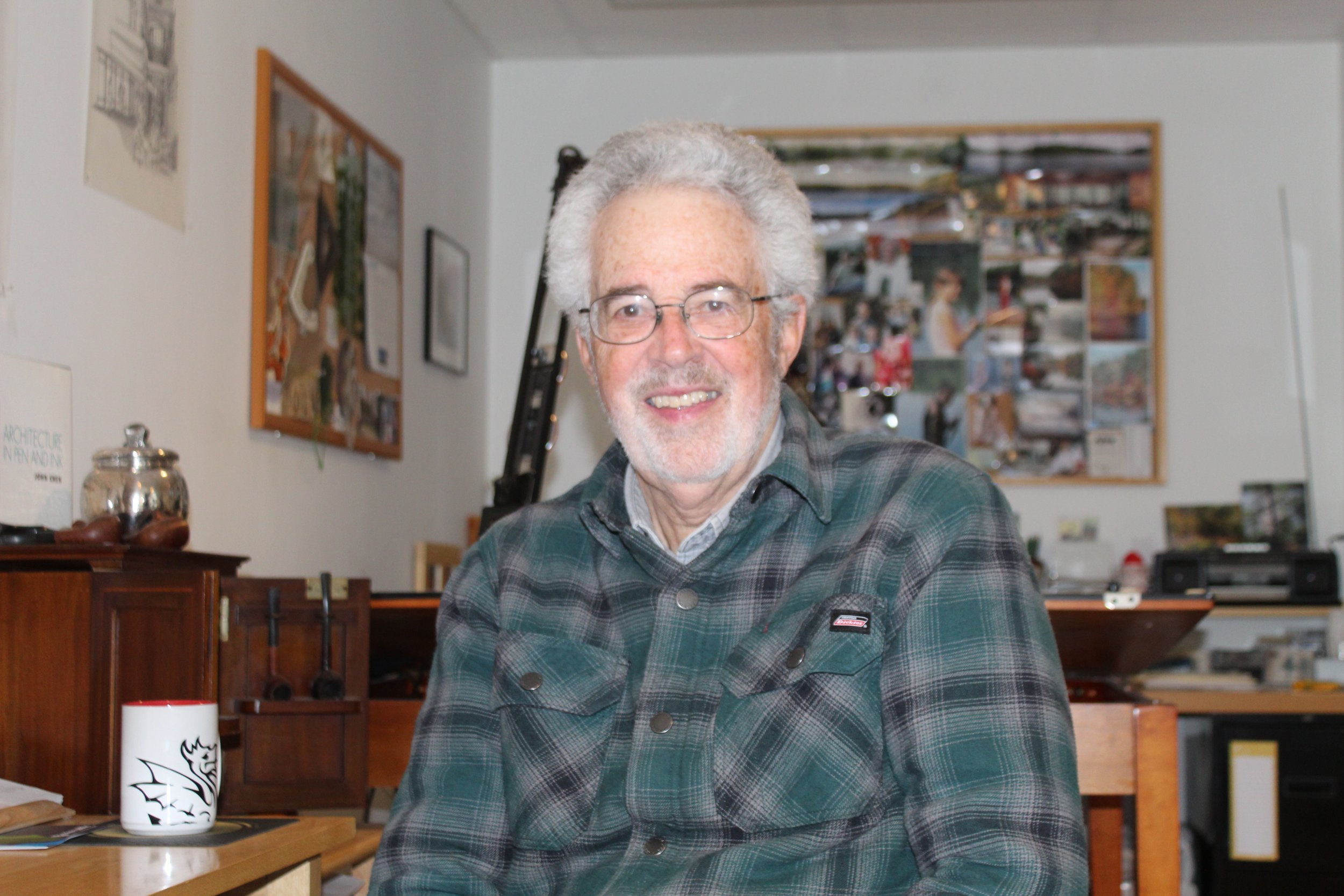Senior eco-advocates push for change close to home
A solar-powered car charging station at OceanView at Falmouth. COURTESY PHOTO.
At Maine retirement communities, residents are increasingly finding ways to make their lives a little greener.
By Amy Paradysz
JOHN WASILESKI, the developer and owner of OceanView at Falmouth, has made a career out of designing retirement communities—and making solar part of them—for long enough that he’s reached the age of the target audience.
Each two-bedroom Schoolhouse Cottage at OceanView at Falmouth has solar panels. COURTESY PHOTOS
Today, as in the late 1970s when he oversaw his first solar project, federal and state incentives tilt the balance sheet in favor of using more clean energy. OceanView is investing $5 million in 100 solar arrays to be installed on the roofs of cottages and community buildings over the next 5 to 10 years, Wasileski says. These arrays will power community areas such as the pool, fitness center and dining rooms.
“The desire has always been here,” he says. “But now the world reality of declining resources and climate change is finally taking hold in the general population, which makes it more feasible to do some of these things. And we hope to be saving over $500,000 in annual energy costs five years from now.”
Development of OceanView at Falmouth, a retirement community with cottages, apartments, assisted living and memory care, began in 1982. The Schoolhouse Cottage neighborhood—48 homes built between 2015 and 2018—was the first housing development of its kind in Maine with a rooftop solar system on every home. Solar was built into the cost of construction: residents paid for it as part of their entrance fees and now reap the rewards with their utility bills. For example, Eunice and John Wilcox, who are 76 and 86, pay just $13 a month to Central Maine Power to power their 1,500-square-foot Schoolhouse Cottage.
ReVision Energy has been installing solar at OceanView at Falmouth and its newer sister retirement community—Cumberland Crossing by OceanView—since 2007 (when ReVision was called Energyworks). Nowadays, homes at Cumberland Crossing are constructed with solar from the start.
“John is a visionary leader when it comes to building incredible communities for Maine seniors, and he’s been an incredible leader on energy,” says Fortunat Mueller, president and co-founder of ReVision. Mueller calculates that the solar installed at OceanView at Falmouth and Cumberland Crossing together have an expected lifetime carbon dioxide (CO2) savings of 22 million pounds, and active projects would add another 37 million pounds of CO2 offset over their lifetimes. Combined, that offsets the amount of carbon it would take to supply more than 3,000 homes with electricity for a year.
In addition to solar, Wasileski’s third retirement community, Highland Green in Topsham, also incorporates the 230-acre Cathance River Nature Preserve.
“Most people who move to a community like ours are educated and care about conserving resources for the next generation—for the kids, grandkids and great-grandkids,” Wasileski says. Not surprisingly, those residents ask what else can be done to make their community more environmentally sustainable. Residents bring suggestions and requests on anything from avoiding pesticides on lawns to collecting hearing aid batteries for recycling to adding compostable take-out containers to the dining hall. OceanView at Falmouth also recycles food waste with AgriCycle, recyclables with ecomaine, batteries with Call2Recycle and textiles with Apparel Impact. That, in addition to all the solar-related coordination, led OceanView to hire a full-time sustainability coordinator in 2022.
“We have residents on campus who have had long careers with, for example, the Maine Department of Environmental Protection or Belgrade Lakes Association,” says Hannah Crayton, a recent graduate of Thomas College with a degree in Environmental Science and Policy.
Schoolhouse Cottage resident Fritz Farquhar, who was an architect and planner in Connecticut for 50 years, started a resident group called Campus Landscape advocates in May 2021. “We identify and address issues, everything from pesticides to invasive species, pruning practices and arbor care,” he says. “We’ve presented an agenda to the administration, and now it’s just perseverance.”
Farquhar also attends the monthly OceanView and the Environment meetings, where residents present what they have learned about energy, climate change and recycling, with a focus on what individuals can do. The January meeting featured Bonnie Yelverton—who gives her age at “about 80” and has an apartment in the Main Lodge—talking about her passion for plastic-free home products, from cloth napkins and beeswax food wraps to bamboo toothbrushes.
“Our generation looks back and remembers using wax paper and metal lunchboxes,” Yelverton says. “We know a world that didn’t have plastic in it. You know, I don’t really believe in recycling. I believe in not using.”
Eunice Wilcox, also a club member, helped open the Second Chance Gift Shop on campus, raising money for nonprofits like the OceanView Residents’ Assistance Fund, Falmouth Food Pantry and Partners for World Health. “We’re helping neighbors in need while reducing what’s going to landfill,” she says.
OceanView Environment club members share ideas with like-minded seniors, such as Farquhar’s lifelong friend Maggie Shannon. They met on Great Pond as teenagers, and Shannon went on to lead the nonprofit Maine Lakes until three years ago. That’s when she broke a hip, retired, moved to Granite Hills Estates and became a founding member of the Sustainability Initiative.
“We have not yet truly made any decisions on how we will limit our energy use or manage our waste streams better, but we are researching to create a baseline,” Shannon says. “We found a Maine state program called Environmental Leader, which is a self-certification process for lodging businesses such as inns, hotels and more long-term arrangements like retirement homes. We have decided to take this self-examination, and we have a professor and student from Thomas College working with us to assess where we stand in terms of housekeeping, dining, maintenance, landscaping and water use.”
She says that Northbridge Communities, the Massachusetts for-profit company that runs Granite Hills, has been open and supportive.
Residents at Granite Hills Estates grow a mix of flowers, produce and herbs in raised-bed garden plots. PHOTO: DONNA MARTIN/GRANITE HILLS ESTATES.
The Sustainability Initiative and the Garden and Landscaping Committee have planned two demonstration plots that will show residents—especially those who own cottages and make their own lawncare decisions—how to take a more organic approach. The plots will show integrated pest management (organic lawncare to get rid of grubs without pesticides) and yardscaping, from dethatching and aerating to composting and overseeding.
“The prospect of climate change and warming can be so daunting that it’s helpful to have something to do to help mitigate the effects,” Shannon says. “We want to not feel powerless. We can certainly affect our waste stream in a positive way and make some kind of change in our energy habits.”
Many residents at Granite Hills get quite hands-on with their sustainability efforts, growing much of the produce used in the community’s kitchen. “We grow just about everything here, except corn and potatoes, including a tremendous amount of lettuce and herbs,” says Marcelle Durost, 69, chair of the Garden and Landscaping Committee. “As part of our sustainability, the kitchen tries to buy as local as possible for everything we don’t produce.”
Just before the pandemic, a group of Piper Shores residents called Coalition on the Natural Environment hosted a forum to brainstorm sustainability initiatives for their retirement community, which abuts Higgins Beach in Scarborough. Sixty-five people—about 20% of residents—participated.
“We distilled the ideas down to three things: renewable energy, energy conservation and natural landscaping,” says Larry Litten, 81. “We’ve since accomplished a number of things: We’ve started to convert our lighting to LEDs and installed motion detectors. We’ve updated the mechanical systems—air conditioning and heating—and made them more efficient. And we just installed six charging ports in our garage, available to residents.”
When Phil Jean came onboard as chief executive officer last year, he inherited the residents’ list of dozens and dozens of ideas. To convert the list to a more systematic plan, he formed a Sustainability Collaborative. Residents in the Collaborative work with community management staff, facilities staff and board members, one of whom was selected because of his experience with solar, which is high on the priorities list.
“There’s a lot of enthusiasm,” Jean says. “To do some of the work that needs to be done is going to require both human capital and financial resources. We’re going to bring on a sustainability consultant for a year to do a full-scale assessment and help write a sustainability plan.”
The existing campus is 138 acres, 97 of which are protected or conserved marsh and woodland. An expansion is underway, and the new campus across the street—The Meadows—will be 45 acres, including 12 acres that are protected or conserved.
“When the expansion is open, we’ll be able to walk from there to the Libby River through the [Camp] Ketcha properties,” Litten says, grinning.
What’s three miles to a man who once hiked 300 on the Appalachian Trail? These days, he spends a good deal of time in Piper Shores’ woodshop. And when he’s not working with his hands, he’s working toward a more sustainable future.
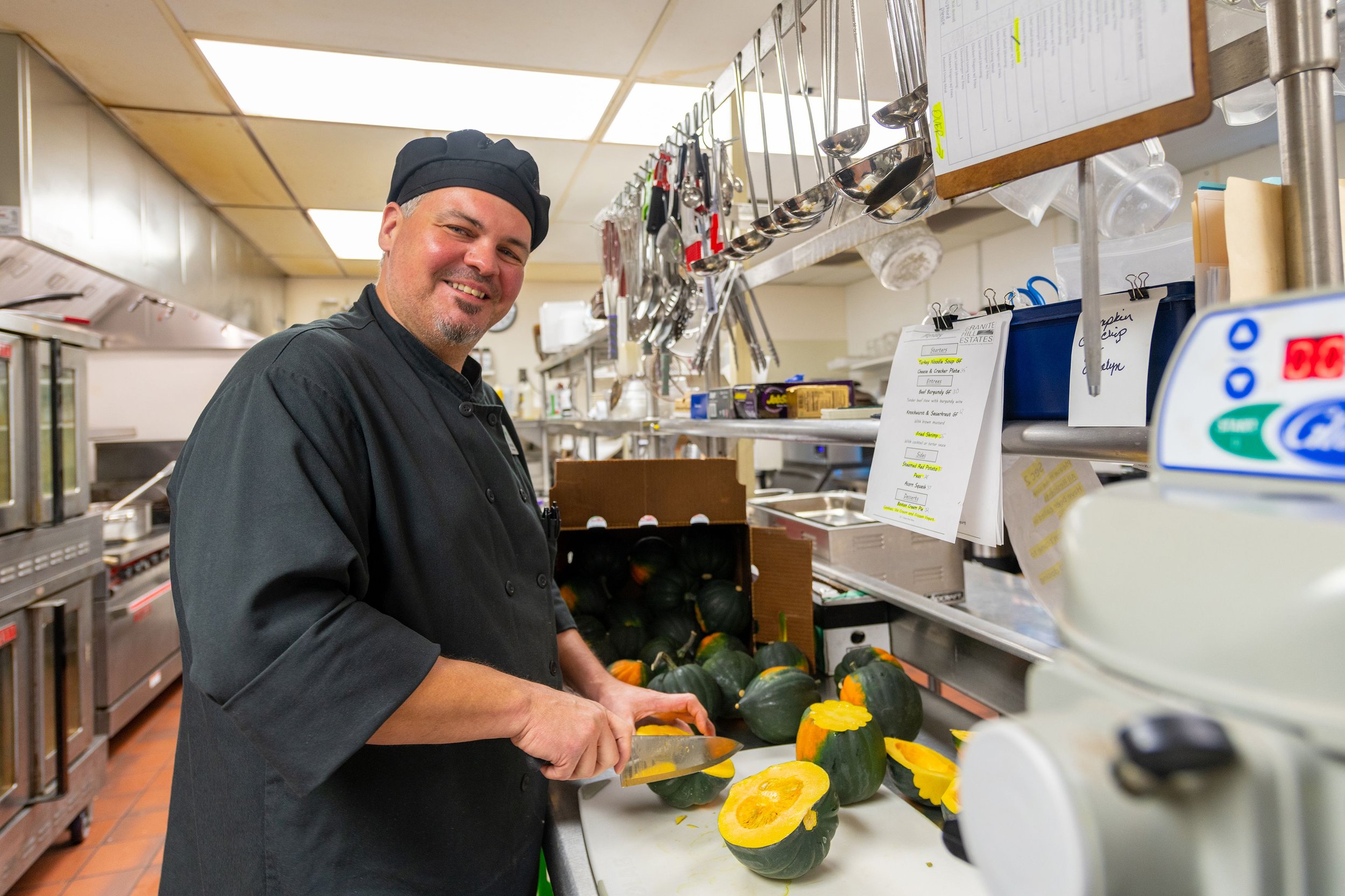
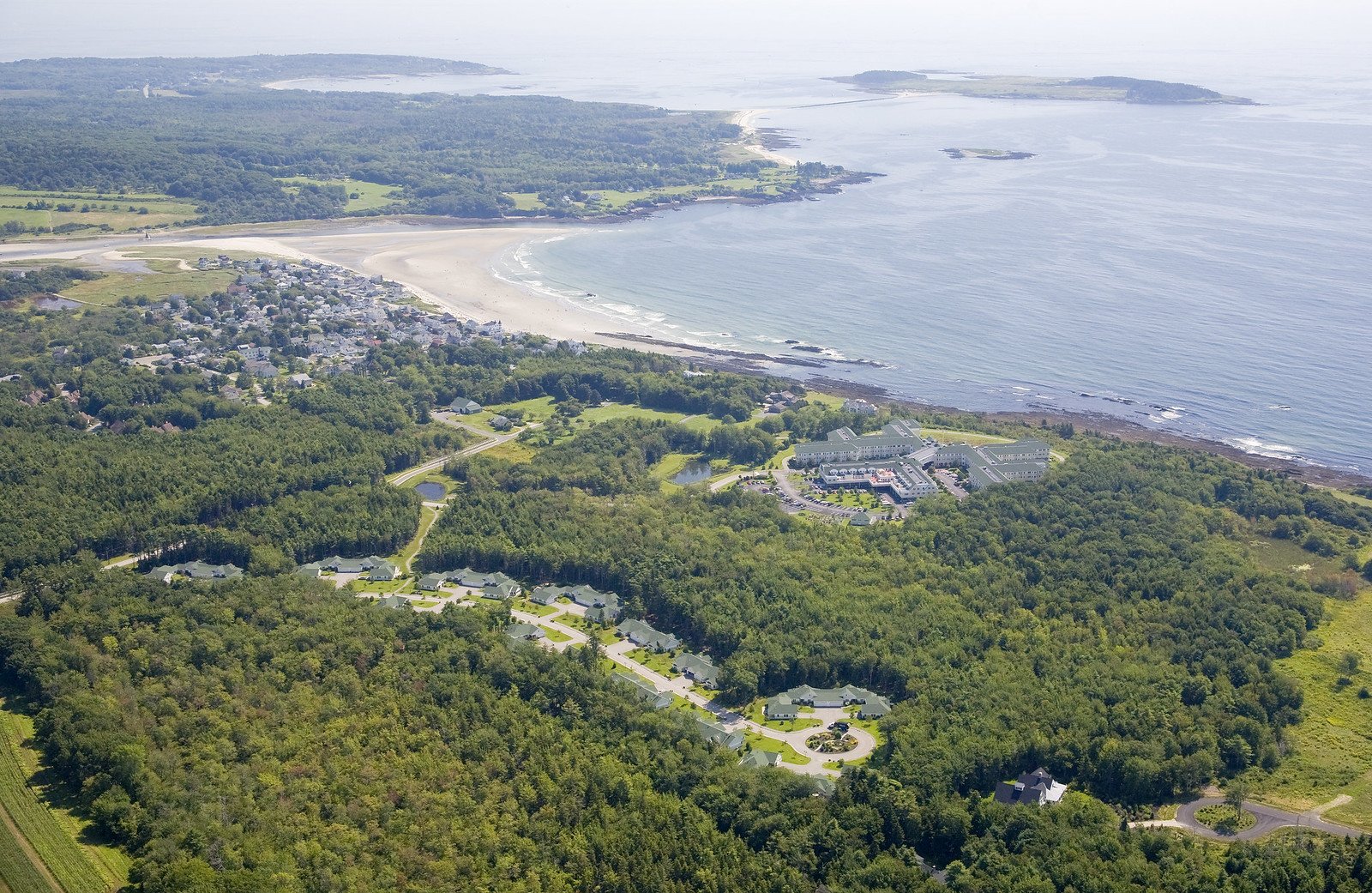
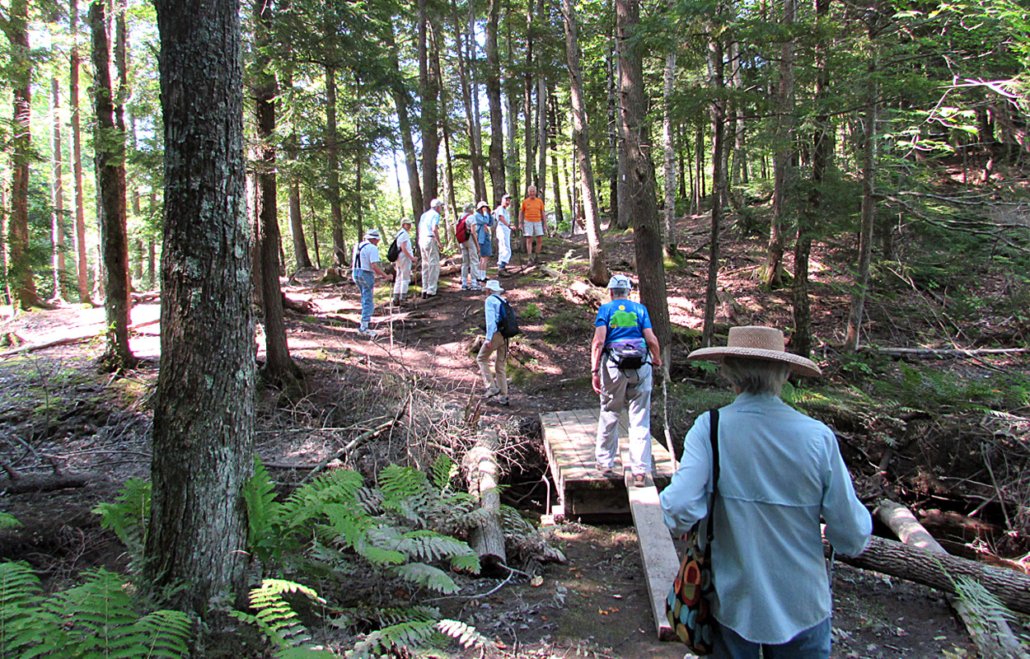
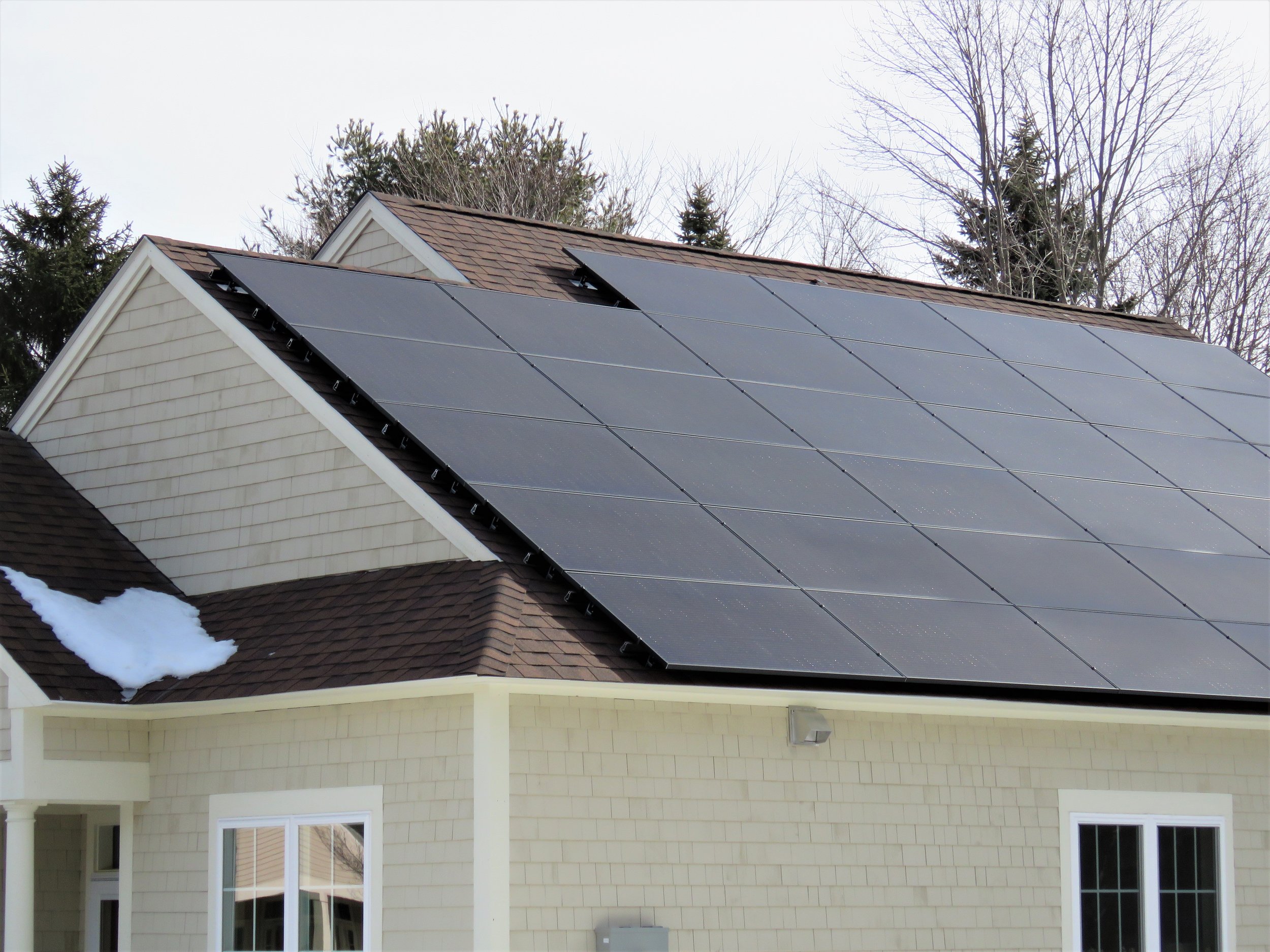
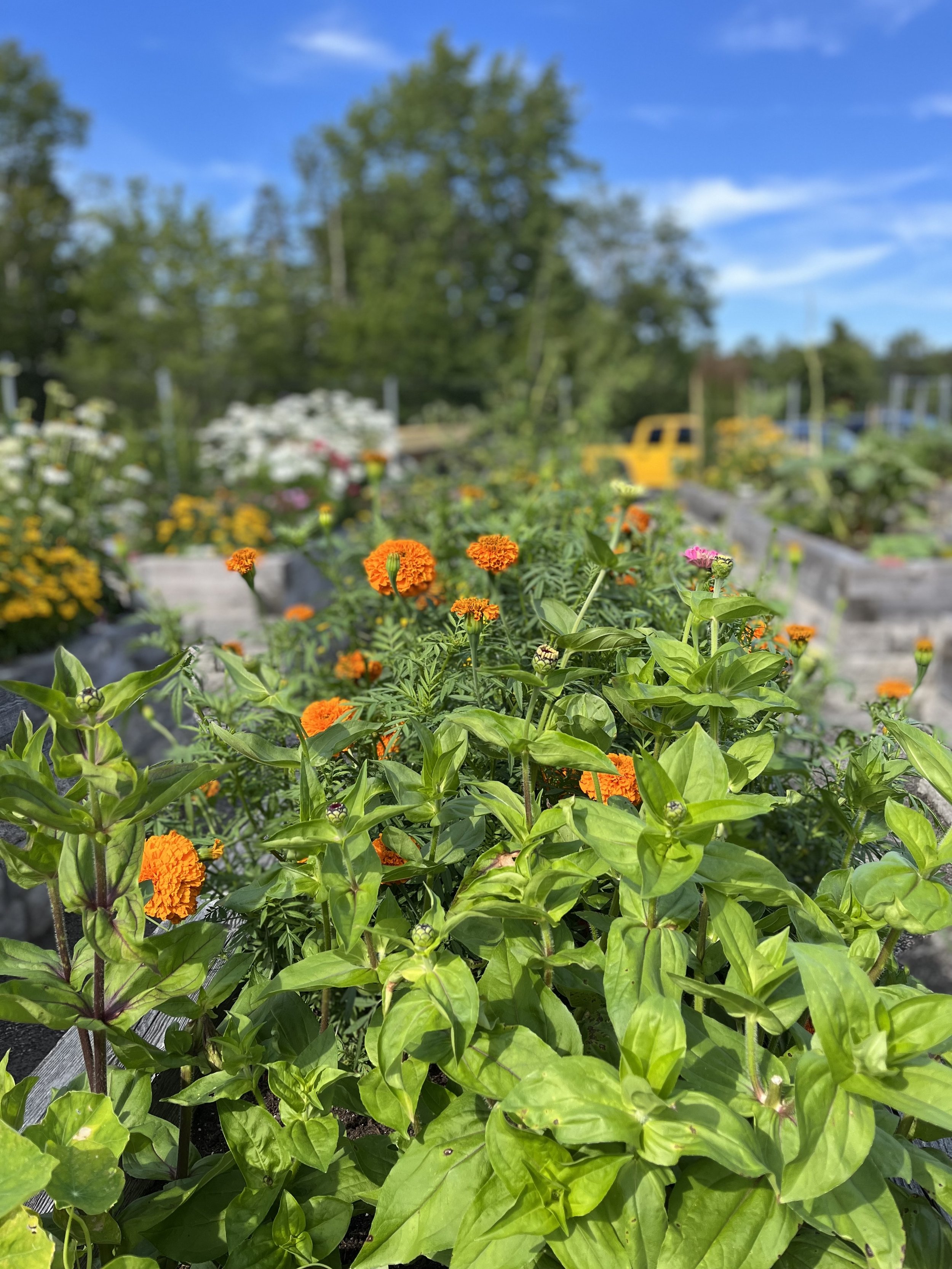
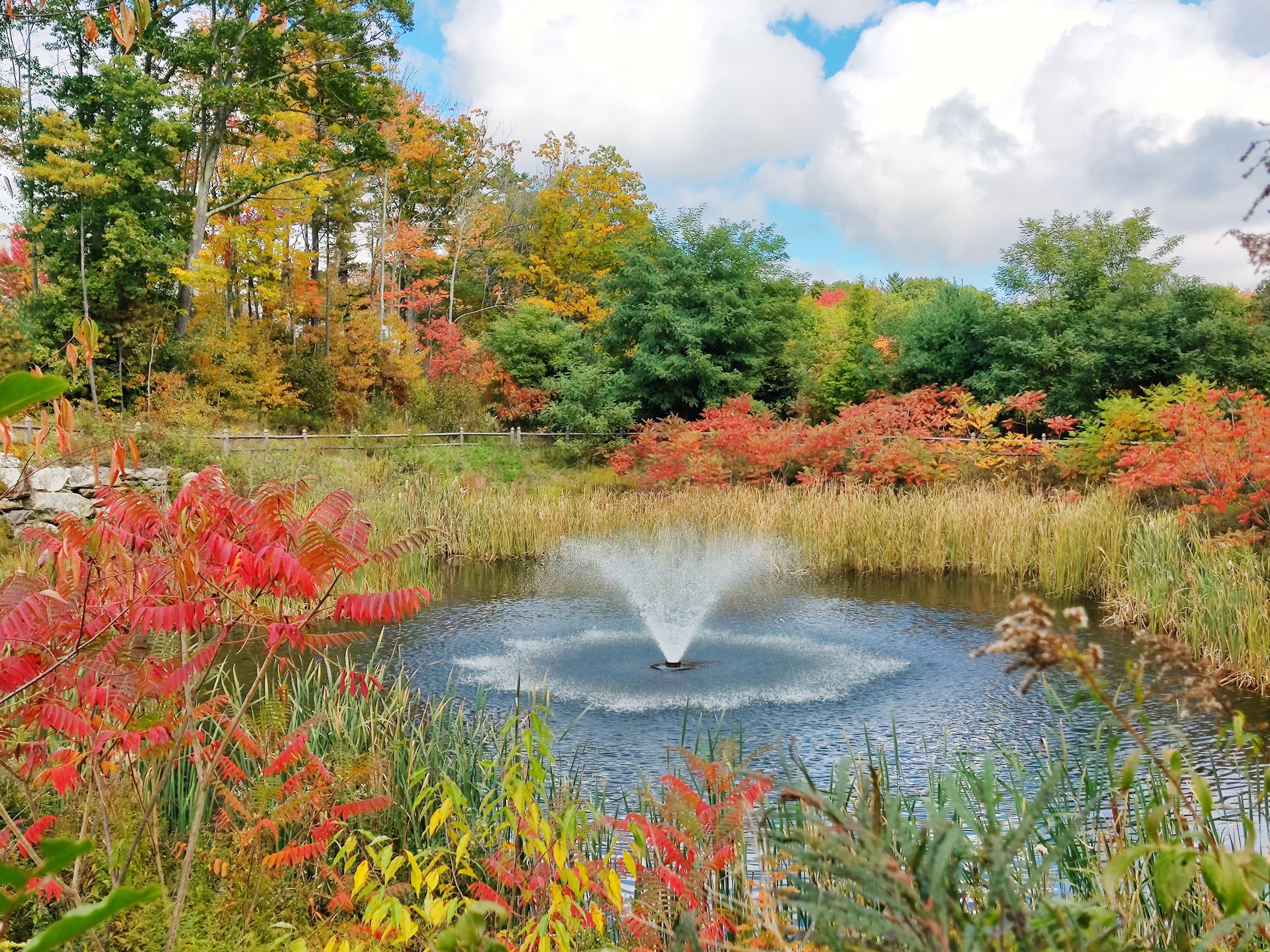
This article appeared in the Spring 2023 edition of Green & Healthy Maine HOMES. Subscribe today!
Find Maine experts that specialize in healthy, efficient homes in the Green Homes Business Directory.





